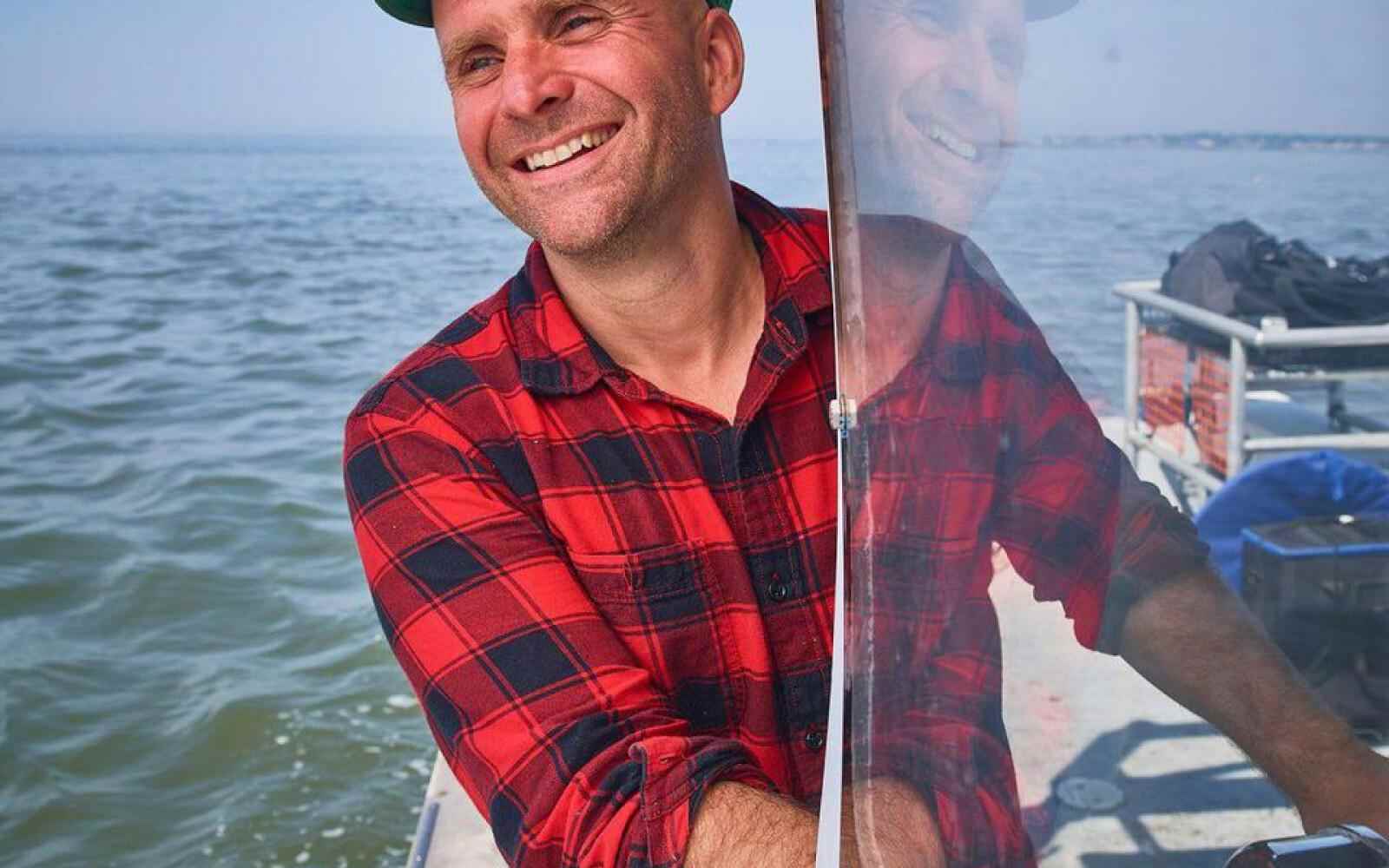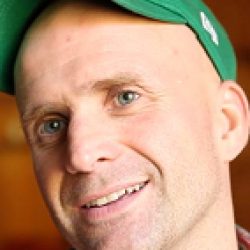
What Seaweed Can Teach Us About Building a Better Economy
Bren Smith, founder of GreenWave and Ashoka Fellow, just released Eat Like A Fish: My Adventures as a Fisherman turned Restorative Ocean Farmer, his first book and one that chronicles his journey from fisherman to social entrepreneur. He manages to strike a perfect balance between personal storytelling and blueprint for a new way to harvest our seas that can create meaningful jobs while simultaneously combatting climate change. Bren is our protagonist but in many respects the book’s main character is kelp: the magical sea greens that grow like weeds, suck carbon and nitrogen out of our waters, and (as you learn) have a wide variety of uses, from our dinner plates to fertilizers, animal feeds, beauty products and more. In the era of climate change, it’s easy to become overwhelmed by the size and complexity of the problem, or by a sense of loss and hopelessness. And make no mistake: Bren has lived the loss, and witnessed firsthand how declining fish stocks can wreck livelihoods and shutter coastal communities. But this book is fundamentally uplifting: acknowledging the bigness and urgency of this moment but also unveiling an elegant path forward that cuts rights through the false choice of jobs vs. the environment. “We can do this!” you end up thinking by the end. You also get the sense that we are just at the birth of something with vast potential, not just to change how we grow food and what we eat, but to reinvent the very DNA of our economy. And that the choices we make right now will either send us on our own journey to ecological redemption, or … well, someplace we don’t want to be. Bren and I spoke about this and about his book earlier this week.
Ashoka insight
It’s not about assigning blame – for example to the coal workers or fishermen that supported the extractive economy we’ve all depended on – or about feeling ashamed even. For me, and for all of us, it should be about stepping into an exciting opportunity to remake ourselves. This is an opportunity to create millions of jobs – ones that we can write and sing songs about – and revamp our economy in fundamental ways.
But we still have a huge blind spot when it comes to our oceans – the Green New Deal for example doesn’t even mention the ocean.
